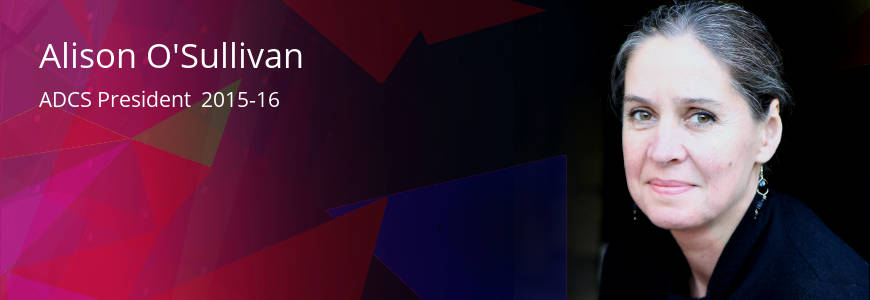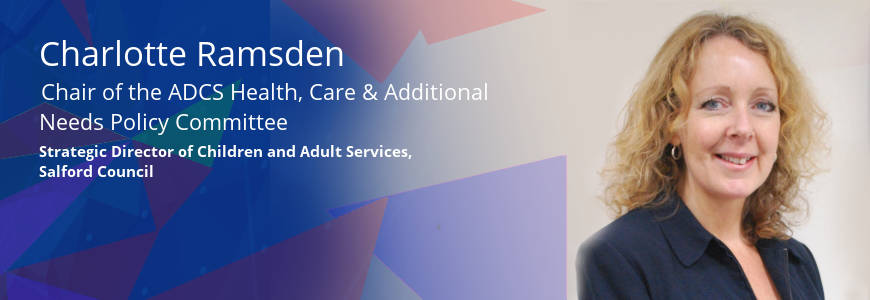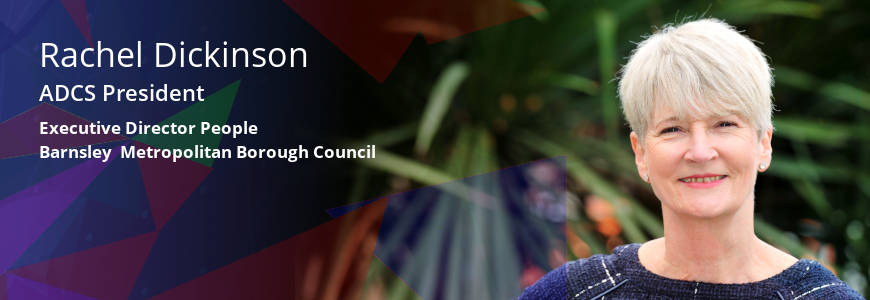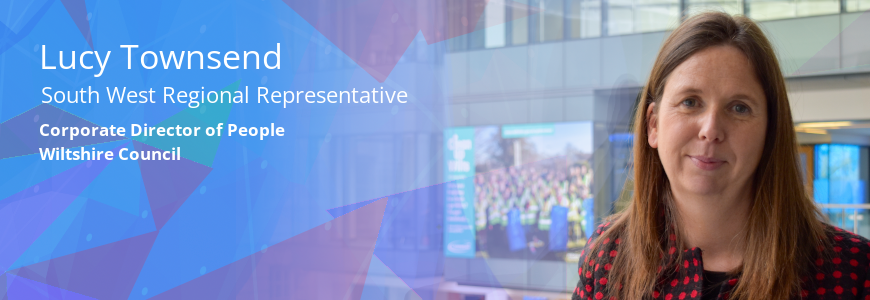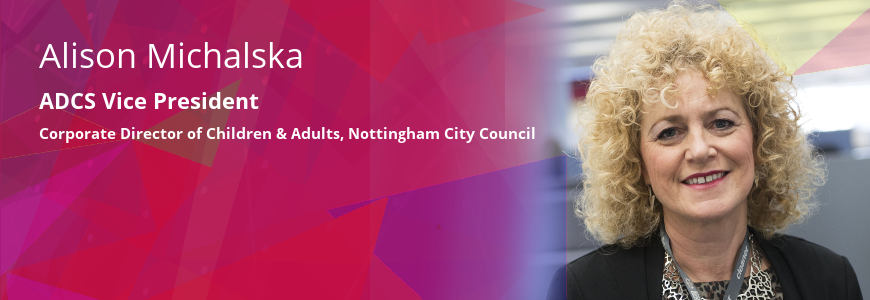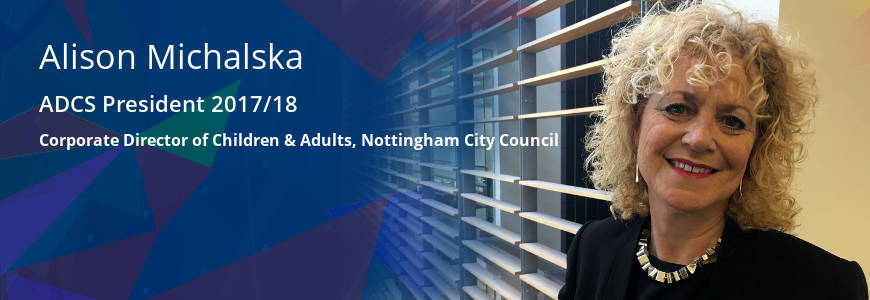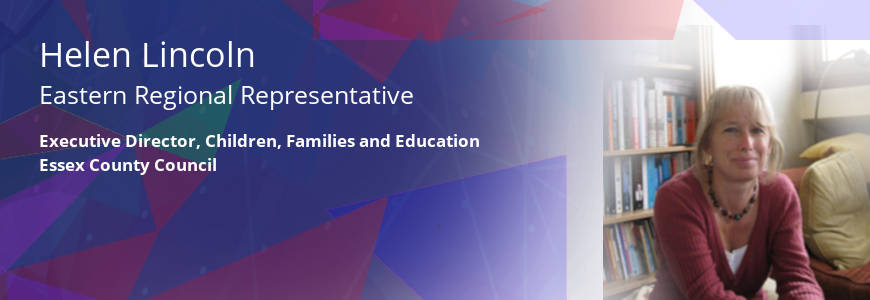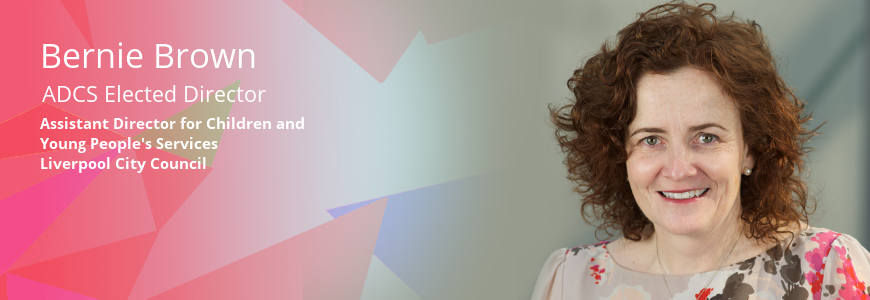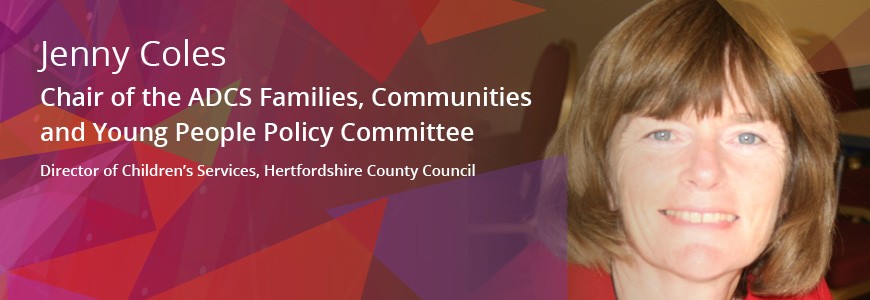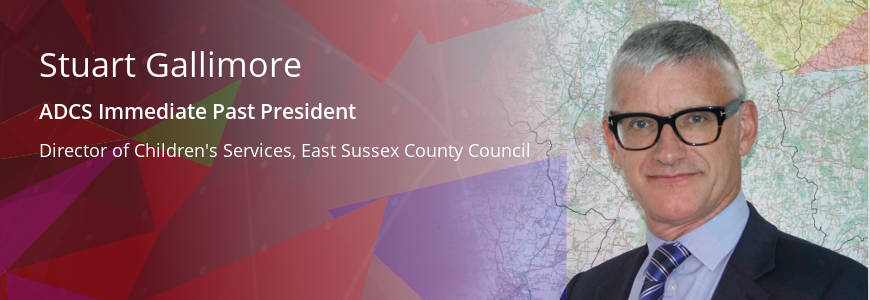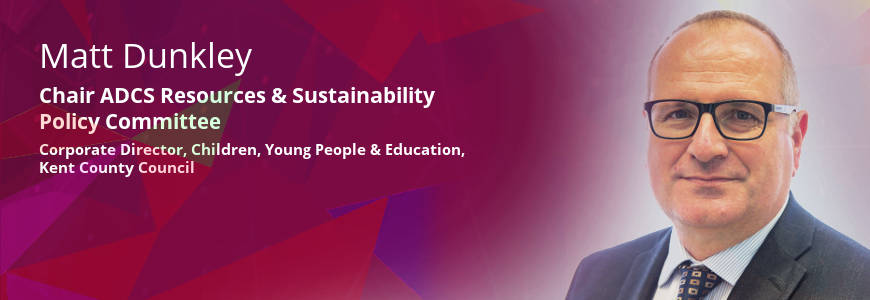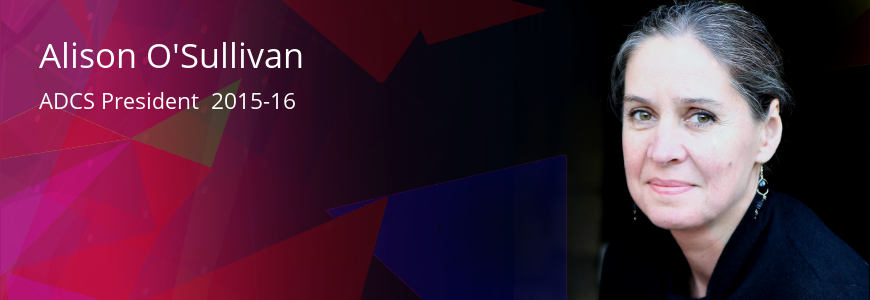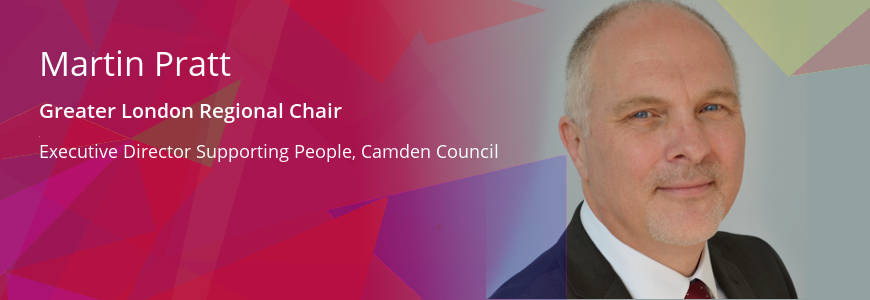Could’ve, should’ve, would’ve…
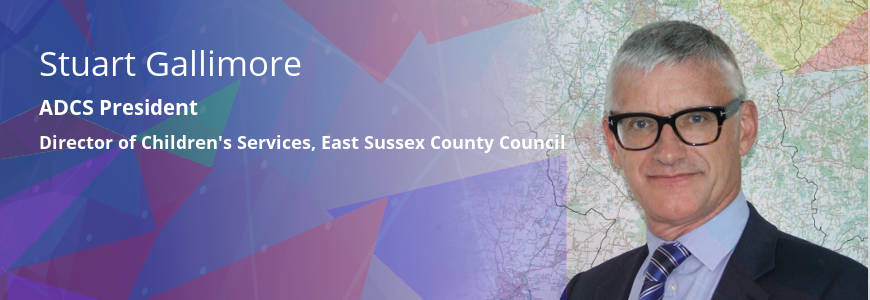
One of the privileges that come with being the ADCS President is that you get to represent the Association at a range of interesting events. Last week I attended the first Independent Inquiry into Child Sexual Abuse Mandatory Reporting Seminar to speak on this subject. The government has previously rejected proposals for a mandatory reporting duty and a duty to act after a full public consultation on these issues. The evidence received, from a wide range of sources, had not “demonstrated conclusively that the introduction of a mandatory reporting duty or a duty to act improves outcomes for children.”
As an Association our position is clear; there is no evidence that mandatory reporting systems will provide greater protection for children and young people. We believe the existing reporting arrangements are sufficient and there is no evidence of professionals routinely failing to report. My task, in the seven minutes that were allocated to each speaker, was to outline the existing obligations on social care professionals to report concerns about child sexual abuse and restate the Association’s position and the basis for it. Namely, new duties would have the potential to undermine the judgement of professionals and could lead to increasingly defensive practice which flies in the face of the hopes and aspirations that underpinned Munro’s review of child protection. What soon became apparent was that this view was shared by the other professionals who spoke for the DfE, the police, health, and the voluntary sector, although some did feel that mandatory reporting in closed institutions had some merit. An uncomfortable aspect of this seminar was that this view was at odds with everyone who represented victims or survivors, or were themselves victims or survivors, who spoke powerfully for the need for mandatory reporting based on professional failures in their own lives or those they worked with.
That afternoon we heard from speakers from Canada, Australia and Ireland who each have mandatory reporting. They, again in seven minutes, outlined the whys and wherefores for mandatory reporting. In some countries this duty extended to the general public, with an associated criminal offence for non-disclosure of a suspicion of child abuse. Interestingly, whilst they had seen a significant rise in reporting post the introduction of mandating, the number of reports remained below those of this country based on child populations. Hopefully the second seminar will provide an opportunity to get underneath that and delve more deeply into the pros and cons of mandatory reporting which the Inquiry will subsequently report on.
At the end of the session, I am not sure those who attended will have changed their views. The seminar reinforced the complexity of the issue and the danger that in trying to solve one problem you may be in danger of creating another. What struck me powerfully as I left was the need to continually work to ensure that our staff and the wider workforce not only recognise the signs of abuse, but that they know what to do and who to report to. It is just not good enough that victims and survivors report that the wider children’s workforce are still telling them they do not know what to do or that they lack the confidence to report. Getting the basics right should not require mandating and getting the basics right will ensure children are protected.
Related Blog Articles
In July the Children's Commissioner launched a report about vulnerable children...
In Safeguarding & Child Protection
Listening to reports of yet more serious youth violence in the last few days and...
In General
Even more concerning is the lack of join-up nationally where responsibility for...
In General
I write this travelling home from London, having spent the day at the National...
In General
December is particularly difficult as our winter pressures really start to bite;...
In Safeguarding & Child Protection
Returning home from my summer break was one of those occasions when fact was...
In Safeguarding & Child Protection
I recently chaired a workshop on suicide prevention at the ADCS annual...
In General
When I last blogged, I reflected on the paucity of the use of technology in...
In Workforce
I am writing this blog as we come to the end of another school year – it’s...
In General
This week our 0-25 Together Service organised their safeguarding conference...
In Safeguarding & Child Protection
Completing this blog has been one of my final acts as President before handing...
In General
In the week that “Freedom Day” was delayed for a month, almost as if it were...
In Safeguarding & Child Protection
In the last week, I had a really interesting series of meetings with Dave Hill,...
In Education
Few would deny the need for shared learning. In the wake of a child’s death...

